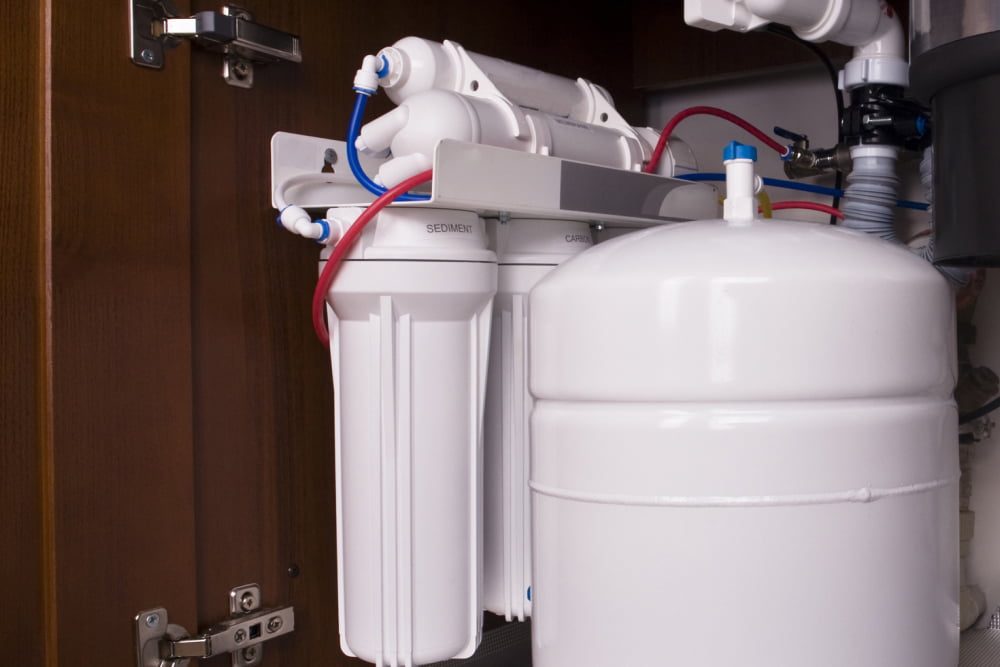5 common water filtration mistakes to avoid

Having access to clean and safe drinking water is a necessity. However, water, in its natural form, is mixed with numerous contaminants that can lead to waterborne diseases. So, it is prudent to have a filtration system at home to avoid having contaminated water. It can be easy to maintain water quality and safety as long as people avoid making some filtration mistakes. Here are some common water filtration mistakes to avoid.
Failing to monitor water quality
Simply installing a water filtration system might not be enough to resolve all water quality concerns. It is important to monitor water quality periodically. Failing to do so, over time, can result in one of the biggest mistakes when using a water filtration system. Factors such as the water source, environment, and the appliance’s systematic degradation can impact the water’s purification level. To ensure the efficacy of the filtration system and that the water is safe for use, people must monitor the water quality regularly.
Improper installation
The improper installation of the water filtration system is a common mistake people make that can compromise the effectiveness of the system. When a water filtration system is improperly installed, it can result in leaks, improper removal of contaminants, and insufficient water flow. Irrespective of the type of water filtration system, making this mistake can undermine its ability to provide the user with clean drinking water.
Choosing the wrong system
Selecting the wrong filtration system is one of the most basic and critical mistakes people can end up making. Different water contaminants are dealt with with the help of different filtration methods. Choosing the wrong system could mean the purifier can fail to take care of the contaminants. Thus, it is vital to select a filtration system after assessing the water quality in the area.
Neglecting regular maintenance
Like any other electronic appliance, water filtration systems also require regular maintenance to function optimally. However, people tend to overlook this, leading to decreased filtration efficiency and an increased potential for health risks. People can forget to replace filter cartridges and clean the filtration system and the disinfection components, resulting in bacterial growth, clogged filters, and poor water quality.
Ignoring capacity limits
Water filtration systems come with their own set limits or flow rates. The filtration system might become less effective when the requirement surpasses its capacity. Usage beyond the equipment’s limits can overwhelm it resulting in decreased filtration, reduced water flow, and compromised water quality.